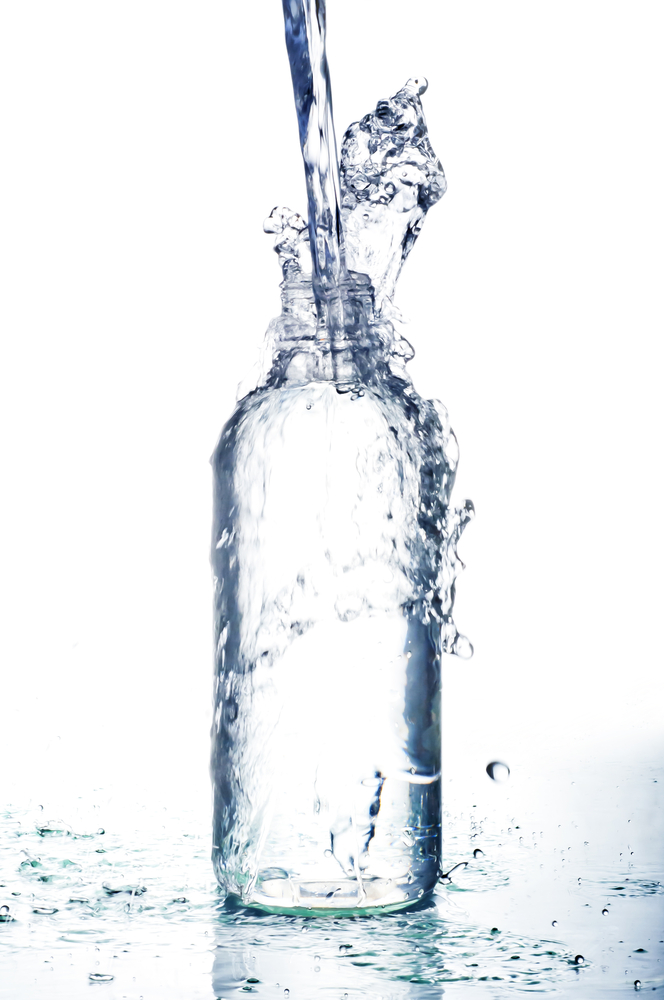Water is the liquid of life and you are probably aware that your body needs water everyday to maintain health and proper function. At any given time an approximate sixty to seventy percent of a persons body weight is actually water, and the water in your body carries out some incredibly important functions; such as:
- Nutrient distribution
- The breakdown of water soluble vitamins and nutrients
- Cleaning out toxins within the body and organs
- Maintains the moisture of soft tissues, particularly in the ears, nose, and throat
The continuous consumption of water is vital for replenishing the bodies stores as water is lost through, urination, sweating, perspiration, exhalation and bowel movements. If the body is lacking water you may become dehydrated which at the most basic level can lead to exhaustion, but if the problem is not dealt with promptly it can lead to weakness, dizziness, irregular heartbeat, headache, seizures and in the most extreme cases death. An easy way to tell if you are dehydrated is to look at the color of your urine. The urine of a well hydrated person is colorless to pale yellow and someone who is dehydrated would be more likely to have a dark yellow or amber coloration.
The Water intake Guidelines
While there is no hard and fast rule that applies to absolutely every person the Institute of Medicine formulated these guidelines to answer the question of how much water and fluids need to be consumed daily.
- Men should consume 3L or 13 cups of fluids each day.
- Women should consume 2.2L or 9 cups of fluids per day.
- Pregnant women need a bit more and should consume 2.3L or 10 cups of fluids.
- Those who are lactating need 3.1L or 13 cups in order to ensure that milk production is not compromised and that the body has enough for all other functions.
- For sports and exercise that last a moderate amount of time you should consume an extra 1.5 – 2.5 cups. Consume more than that if the activity lasts longer than an hour.
Trying to consume all that water may seem like a daunting task but it is easier that you think. The guidelines above do not mean that you need to drink that amount of water in a day, it just means that you need to get that amount of fluids over a day. Everything you eat and drink contributes to the total amount of liquid you consume. For instance, foods like fruits and vegetables have very high water content and help you meet your body’s daily needs. When you on a diet (like 17 day diet) make sure that you drink enough water. A good practice is to sip water regularly throughout the day to be sure that you will get enough.
Is it Possible to Consume too much Water?
As is possible with most anything, it is definitely possible to consume too much water. The condition, called hyponatremia, is rare but is sometimes seen among athletes who compete in long distance and long duration events. Hyponatremia is when so much liquid is consumed that the bloods nutrients are watered down and the kidneys cannot rid the body of the excessive amount of liquid. This condition can lead to death.
Are there Cases in which Fluid Intake should be Limited?
There are some medical reasons, such as heart failure, that may call for a restriction in your fluid intake. A restrictive intake should not be something that you decide upon and implement yourself, it should only be instituted at the advice of a doctor.

